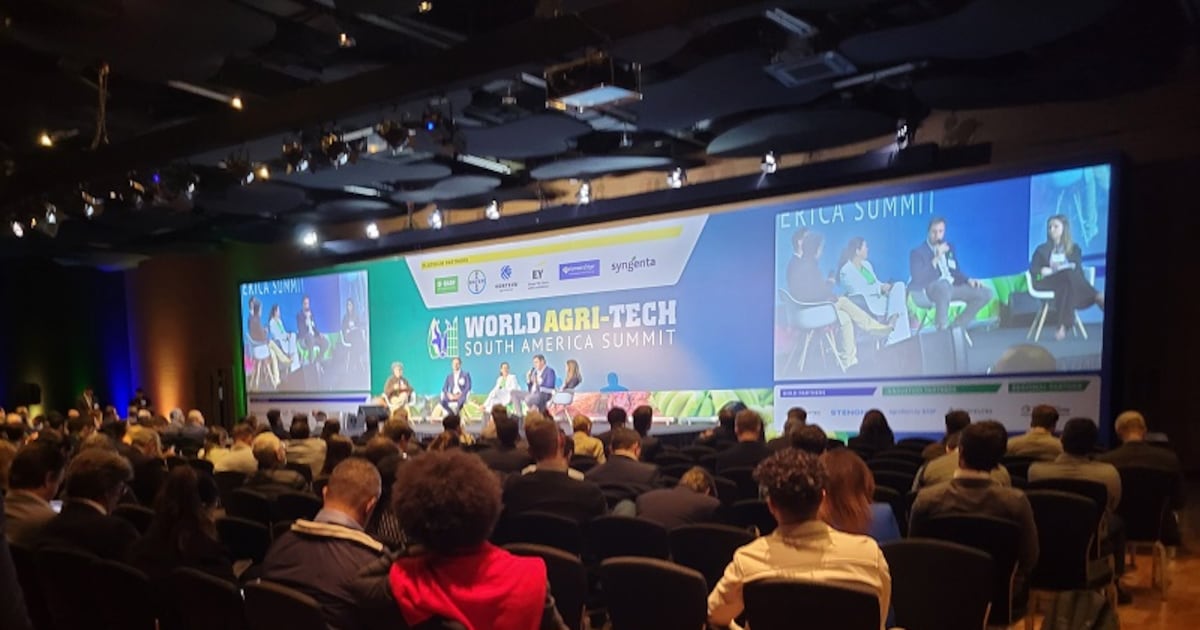Key Takeaways
- The 2025 World Agri-Tech South America Summit highlighted Brazil’s initiatives in sustainable agriculture, emphasizing the importance of ag biologicals and digital technologies.
- Brazil’s agribusiness sector reached $164.4 billion in exports in 2024, with biologicals gaining popularity for their effectiveness and cost-efficiency.
- Regenerative agriculture standards are being developed to ensure uniform practices and measurable sustainability across the sector.
Sustainable Agriculture Insights from Brazil’s Agri-Tech Summit
Brazil’s agtech advancements took center stage at the 2025 World Agri-Tech South America Summit held in São Paulo on June 24-25. Industry leaders and investors gathered to explore how innovative technologies and regenerative farming practices are transforming agriculture in Brazil and globally. Silvia Davila, president of LatAm for Danone, emphasized the necessity of a cohesive approach combining new technology and supportive government policies for developing a sustainable ag sector.
Ag biologicals have emerged as a key component of Brazil’s sustainable farming, replacing synthetic fertilizers and pesticides. Established in 1973, the Brazilian Agricultural Research Corporation (Embrapa) has been crucial in promoting biologicals, leading to significant advancements in productivity and soil regeneration. The agribusiness sector recorded $164.4 billion in exports in 2024, with biologicals increasingly adopted due to their proven efficacy and cost-effectiveness.
Farmers are gravitating towards these biological alternatives as they are now competitive with chemical options. However, the increasing market competition complicates their decision-making, as they navigate a landscape with similar products at varying price points.
The concept of regenerative agriculture is pivotal, focusing on sustainable practices that improve soil health and reduce carbon emissions. However, there is ongoing debate about defining and measuring regenerative practices. Livia Ignacio, head of South America at the non-profit Bonsucro, stated that a uniform standard is needed for growers to genuinely assess their regenerative efforts. Bonsucro is working to implement standards in the sugarcane sector, which include certification for both production and chain of custody, aiding in market reassurance and demand.
Implementing innovative agricultural technologies, like digital platforms and biologicals, can address real farm challenges, albeit requiring awareness among growers. The Inter-American Development Bank (IDB) is facilitating connections between producers and tech providers. For instance, it linked Agricola Cerro Prieto, a producer of asparagus, avocados, and blueberries, with Israel-based SeeTree, which uses satellite data for tree health monitoring.
Deploying digital solutions on farms comes with challenges and necessitates a cultural shift towards digital adoption. Moreover, the return on investment for agtech solutions may not be immediate, often becoming apparent only after harvests. Therefore, understanding individual grower needs and utilizing data effectively is essential for successful agtech implementation.
The content above is a summary. For more details, see the source article.















